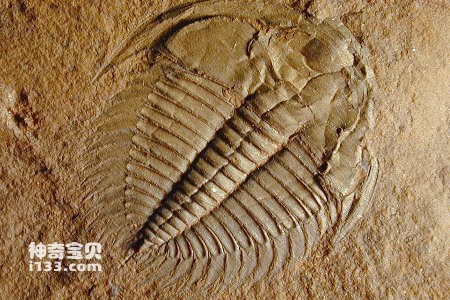In addition to the production of methane from nature, such as oceans, permafrost and some wetlands, human activities are its largest source. The main human activities that contribute to methane emissions are livestock farming and biomass burning (the burning of vegetation on land during land reclamation or land use change). According to expert reports, ruminants such as cattle and sheep around the world produce at least 80 million tons of methane every year, which not only accelerates the process of climate warming, but also leads to the loss of nutrients and energy in feed. It is worth noting that methane emitted by nature and livestock is produced through the metabolic activities of a type of microorganisms, that is, methanogens.
At the end of the Permian 252 million years ago, a global disaster wiped out more than 90% of marine species and 70% of terrestrial vertebrates. This was the largest of the five species extinctions the earth has experienced. Researchers at the Massachusetts Institute of Technology in the United States recently proposed a new hypothesis in the Proceedings of the National Academy of Sciences: the culprit causing this catastrophe is a kind of methane bacteria called Methanosarcina.
Researchers found that during that period, a catastrophic volcanic eruption in Siberia greatly increased the concentration of nickel in the ocean, and this metal element was very conducive to the growth of Methanosarcina. The crazy reproduction of Methanosarcina emits large amounts of methane into the atmosphere, causing the climate to heat up rapidly and increasing the acidity of the ocean. It fundamentally changes the chemical composition of the ocean, causing many species to lose their habitable environment and live in the ocean. Trilobites and Eurypteryx horseshoe crabs that had lived for hundreds of millions of years disappeared...

Although methane cannot be smelled, seen or touched, it plays a very important role in our human existence and life. In order to ensure the sustainable development of mankind, how to reduce methane emissions and make full use of it has become the focus of work and research in many countries and institutions. The author hopes that readers of this short article can also gain something and gain insights from this.
animal tags:
We created this article in conjunction with AI technology, then made sure it was fact-checked and edited by a Animals Top editor.